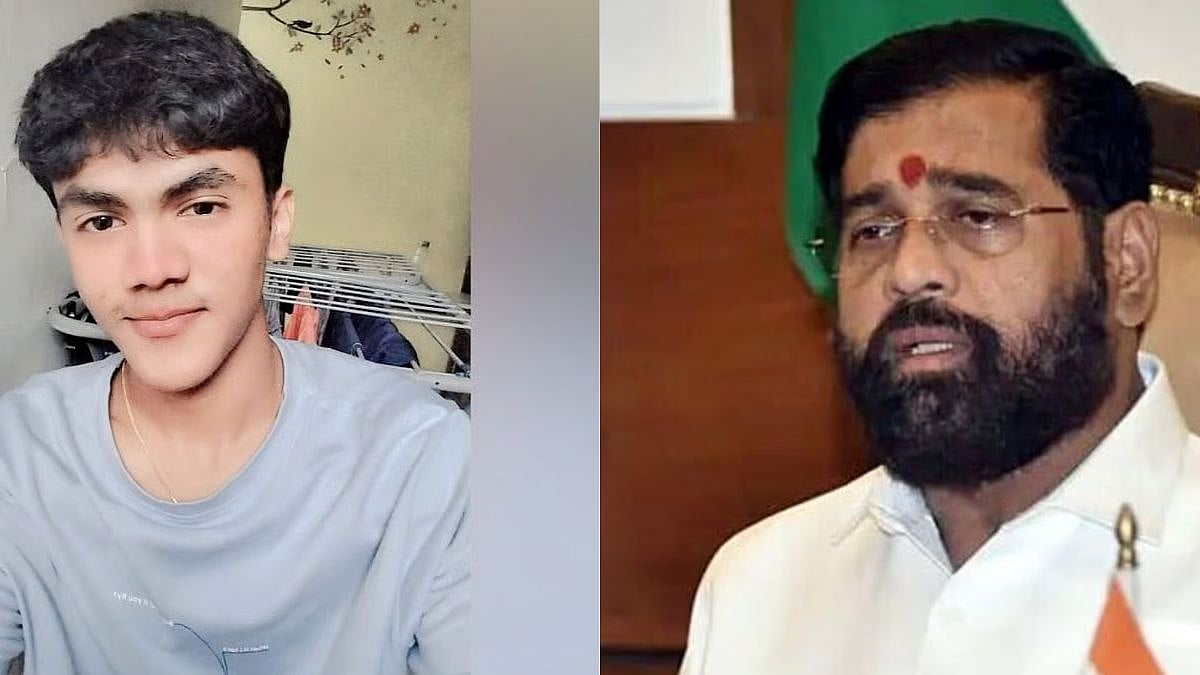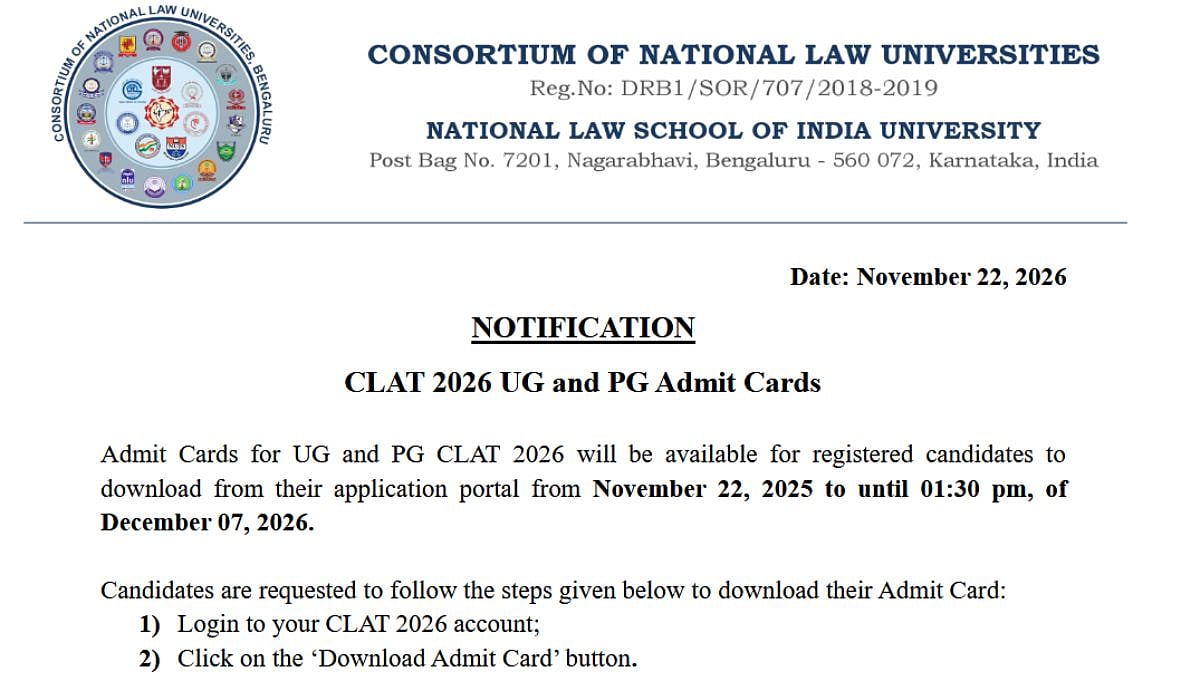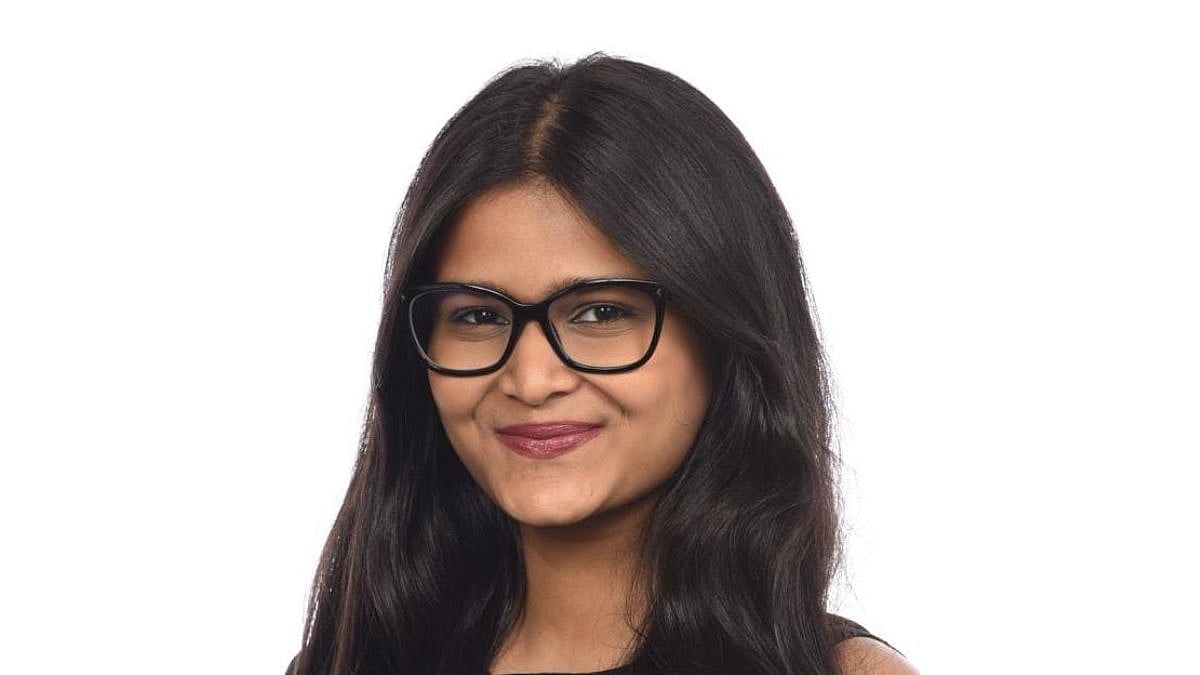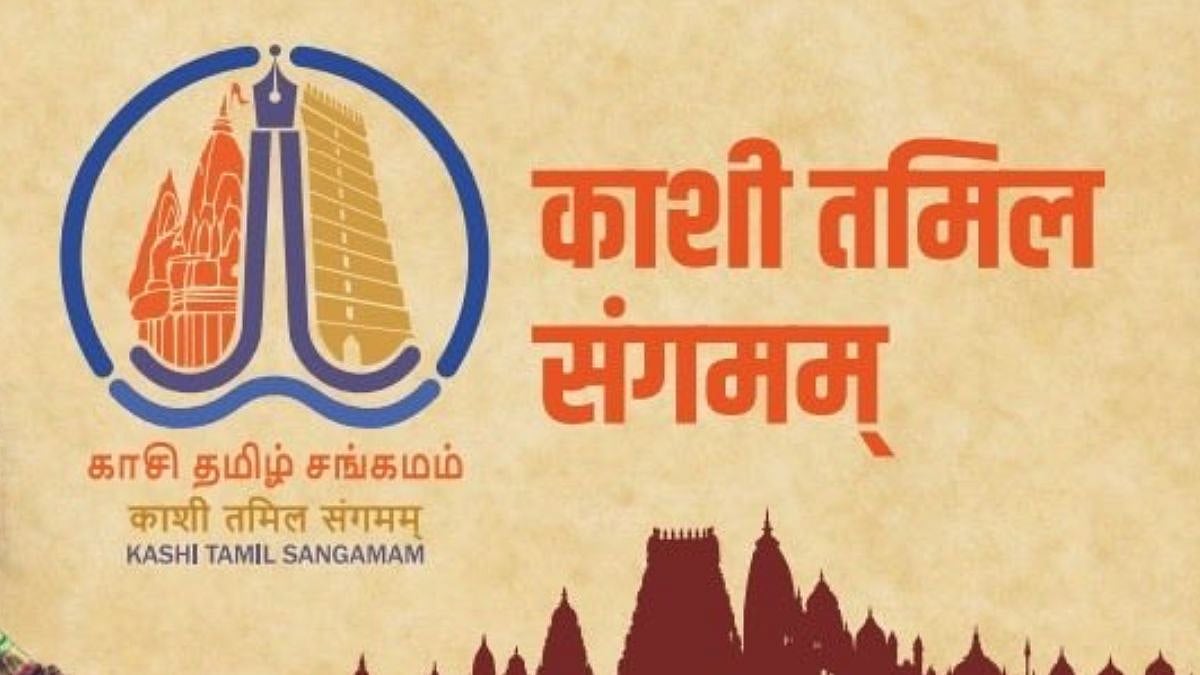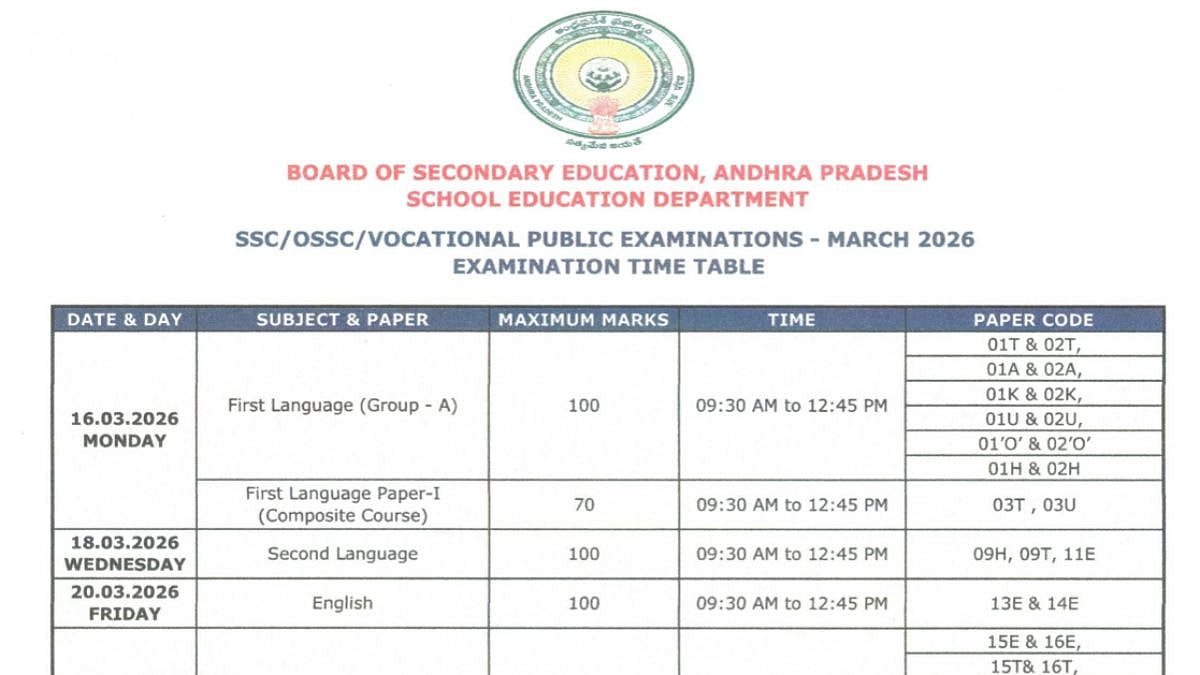In July, the University of Tennessee-Knoxville, celebrated “Disability Pride Month” by curating podcasts, articles, novels, and poetry that foregrounded the stories of persons with disabilities, and deliberated themes such as disability rights and disability representation as a creative force. Other universities across the United States adopted similar initiatives.
Diversity in all its forms is increasingly celebrated at U.S. colleges and universities. Embracing diversity implies welcoming students of different genders, races, and cultures. As was the case at the University of Tennessee, another valued piece of the diversity jigsaw is the full spectrum of students with disabilities.
The U.S. Lens on Persons with Disabilities
To navigate opportunities for students with disabilities in the United States, it is essential to first understand the common parlance and perspectives of disability culture. In the United States, the disability community has resisted soft language like “special needs” or “differently-abled.”
These euphemisms perpetuate the charity and medical model of disability that isolate the full identities of persons with disabilities and evoke fear, pity, and sympathy, rather than promote respect and dignity. Identity-first language, “disabled persons,” and person-first language, “persons with disabilities,” are the terms of choice in the United States and for the international disability community.
People, however, generally uphold the belief that language is a personal choice. Universities have a responsibility to uphold the chosen language of the individual concerned. Disabilities may include those that are physical, mental, those related to learning, among others.
The idea that there is a “normal” mode of functioning, from which disabled persons deviate, is an example of “ableism,” and is contested by the disability community in the United States.
In a similar manner to racism, sexism, or ageism, ableism is commonly described as the belief system that underlies the negative attitudes, stereotypes, and stigma that devalue persons with disabilities on the basis of their actual or perceived limitations. The social model of disability focuses on dismantling barriers in the structures of society – attitudinal, institutional, or physical - that exclude and discourage persons with disabilities from participating in any facet of life from education to employment to civic duties and community engagement.
In the United States, people with disabilities foster “disability pride.” This connotes embracing an individual’s disability as integral to who they are and recognizing disabilities as a natural and valued part of human diversity. Disability pride aims to level up visibility and reduce any sense of shame or embarrassment, an example of internalized or socialized ableism.
Cara E. Yar Khan, a lifelong humanitarian and disability advocate who serves as the Senior Advisor to the Special Advisor on International Disability Rights at the U.S. Department of State and was also diagnosed at age 30 with a rare muscle-wasting disease that leads to tetraplegia, says that one of the greatest strengths of the United States regarding disability “is the anti-discrimination legislation, the Americans with Disabilities Act (ADA) signed in 1990…because it instills a confidence and sense of belonging among the disability community.” Additionally, she says, “There are more and more examples of disability representation in American social media, film, pop culture, in schools and universities, and in the corporate workplace.” Finally, she adds, “The greatest strength of all in U.S. culture is the disability community itself. We are strong, proud. and always happy to welcome new members, so reach out and join us!”
U.S. Higher Education Institutions and International Disabled Students
So, what does the U.S. position on the disability community mean for international students with disabilities? According to the ADA, all public and private colleges and universities must provide equal access to postsecondary education for students with disabilities. Students with disabilities can study any degree and any subject of their choice.
Laurie Laird, who is the program manager at Mobility International USA, an organization with a mandate to empower people with disabilities around the world to achieve their human rights through international exchange and development, underscores that the ADA “applies to international students in the United States, which can be an assurance that students with disabilities are welcome here, and that U.S. campuses will be accessible and inclusive.”
As a result, U.S. colleges and universities typically have an office and services instituted to support students with disabilities. Colleges and universities must provide “reasonable accommodations” or adjustments in academic requirements, infrastructure, or the environment to enable disabled students to fully participate in campus life. Such accommodations may include tutoring services, assistive technology, adaptive labs, videos with audio descriptions or captions, extended time, interpreters, note-takers, and preferred classroom seating, just to name a few.
The Student Experience
As an international student applying to a U.S. college or university, it is certainly not mandatory to disclose your disability. However, if you need reasonable accommodations and support, you should discuss this with the appropriate office, to which you can be referred by the admissions staff or academic advisors. There is no disadvantage to disclosing your disability - in fact, colleges and universities welcome students with disabilities because they add to the rich cultural diversity of their student body and campus experience.
“Each university has a process for determining accommodations,” notes Deborah McCarthy, director of student Accessibility Services at the University of South Florida. When applying to U.S. colleges and universities, she suggests, “ask to speak to someone who works with accommodations at schools you are considering. Once enrolled, work closely with instructors and the accommodations/disability office to make sure that the student is aware of all the possible resources available.”
Sunny Shah completed his undergraduate study at the University of Illinois at Urbana Champaign from 2013 to 2018 and his graduate studies at Stanford University from 2019 to 2022. He has bilateral hearing loss and has had cochlear implants from an early age. Writing about the support he received, he said, “some of my classes had 900 students (pre-pandemic) so it was difficult to comprehend my professor when they used a microphone, or during the pandemic, it was difficult to understand my masked professors, so having speech-to-text services was very helpful in keeping up with the materials in class.”
Further, Shah adds, “don't just focus on academic accommodations. [Universities] also provide housing accommodations if that’s something you're interested in!” Indeed, students with disabilities should also ideally have equal access to all aspects of campus life, such as adapted sports and clubs for students with disabilities.
Laird says, “I encourage any student, with or without a disability, to pursue the opportunity to study in the United States. There are resources available that will support you to experience many new things. A world awaits you!”
To learn more about U.S. study opportunities for international students with disabilities, campus life, and the application process, attend an upcoming webinar on January 19 on “Supporting Students with Disabilities at U.S. Campuses,” hosted by the U.S. Consulate General, Mumbai, and EducationUSA Mumbai. To register or for any other questions, reach out to useducationqueries@state.gov
The author is an EducationUSA Adviser at USIEF Mumbai
For more information, please visit the EducationUSA website (https://educationusa.state.gov), and for individual questions of direct counselling with an EducationUSA adviser, please write to USEducationQueries@state.gov



